If you’re interests are in the technology space and you prefer working with your hands rather than sitting at a desk all day, a career as a low voltage technician may be a career for you. When people first start considering what trade to follow, they often think of the general titles like electricians, HVAC tech, plumber, and similar things. In order to narrow down job opportunities, however, it helps to specialize. Low voltage technicians are highly sought after in today’s world and can give you a satisfying, active, and financially comfortable future with lots of room for growth and promotion.
Before you dive into the job listings, however, it is important to understand what low voltage careers are all about. Is it something you can see yourself doing every day?
What Does a Low Voltage Technician Do?
Most low voltage technicians work on site, installing and maintaining Voice, Data and Fiber, Security and CCTV Systems and alarms. Fire Alarm Systems, Audio Visual systems and other control wiring. You may also install and maintain other low voltage systems, such as lighting control systems. These types of jobs handle anything less than 48 volts, which makes it a much safer and lower risk option over other electrician positions.
While there are many companies willing to train Entry Level Technicians, Flex Tech included, Low voltage technicians will be able to read and interpret technical drawings and blueprints; have the ability to diagnose issues in existing systems and repair them is crucial to career success. Specific responsibilities from a business perspective – such as price quotes, invoicing, and record-keeping – depend on unique position in a company or as an independent service provider. You will also be familiar with the National Electrical Code (NEC) and local building codes.
Education and Training Needed
A low voltage technician career does not require the same education and licensing as an electrician working with higher voltage and more dangerous electrical tasks. However, that does not mean anyone can perform the job without training. Training, even (OJT) On The Job training, is necessary to be an effective team member.
In states that require a license, they usually require:
- A high school diploma or equivalent
- Completion of an apprenticeship or other training program approved by the state
- OSHA and American Safety Institute training
In some cases, on-the-job training may be enough to become a low voltage technician.
Many employers prefer candidates who have some experience or have completed an apprenticeship or other formal training program. However, with the shortage in candidates, Entry Level Technicians are becoming more and more welcome with many employers, and that is where Flex Tech and our Entry Level Training Program comes in.
Low Voltage Careers and Job Opportunities
Besides the understanding that you will work with lower voltage electricity, the job title does not tell you a lot about the different positions or career opportunities available. In many ways, they are exactly the same as any other electrician career choices. You will work on commercial properties that range from shops to offices to high rises and industrial sites. Low voltage technicians also work in hospitals, schools, and other public buildings.
The physical work of setting up, maintaining, or repairing low voltage systems varies considerably from job to job. The company you work for may specialize in specific systems or they may offer general solutions to property owners. Some common tasks include installing coaxial or fiber-optic cables for a variety of purposes. Commercial tasks include hooking up security cameras, alarm systems, or automatic lighting. You may work on anything from a simple Exit sign to a fully featured smart building network.
Besides the hands-on duties associated with low-voltage electrical work, expect to learn a lot about reading blueprints, schematics, and project plans. This is an essential part of installing anything correctly and finding potential problem areas during a repair or refurbishment. You will also need to learn how to work alongside or around other tradespeople or service professionals. Expect to use your soft skills of communication, professionalism, work ethic, and more if you want to excel in this job.
Low Voltage Entry Level Expectations
Very few jobs start out with the most exciting or interesting tasks. The same holds true for low voltage technicians and electricians. If you begin with an apprenticeship or on-the-job training, expect to do simpler things requested by whoever you are shadowing. You may spend a considerable amount of time doing less technical tasks as you learn over time. Do not lose heart or interest in this career field. The more training and practice you get, the better equipped you will be to expand your job options to more interesting and lucrative positions in the future. Some individuals even go on to own their own businesses in the field.
Low voltage salary levels average around $58,000 annually across the United States. However, do not expect this income level when you first start out. In general, low voltage techs make less than fully licensed electricians that work with more dangerous systems. However, it is still a great industry to quickly grow your experience and earn a living in a highly respected field.

